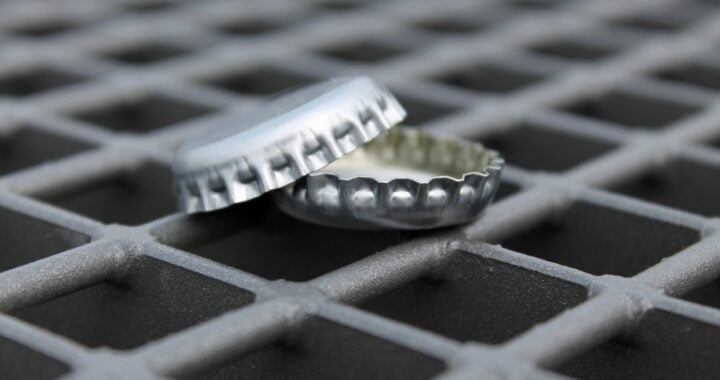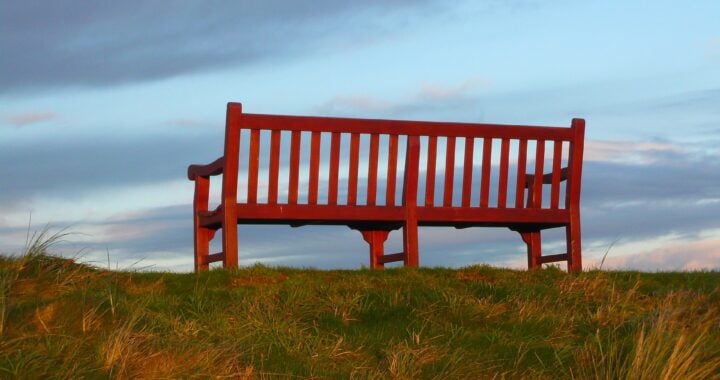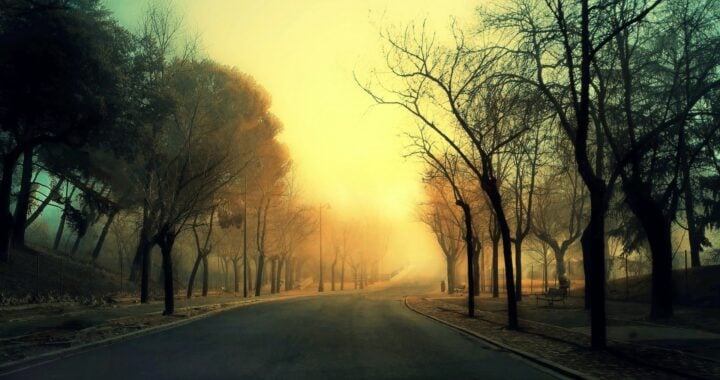We sat absorbed and motionless through four long hours. We never thought of supper, and never felt fatigue. But at eleven o’clock the conflagration had traveled beyond our range of vision, and then darkness stole down upon the landscape again.
Hunger asserted itself now, but there was nothing to eat. The provisions were all cooked, no doubt, but we did not go to see. We were homeless wanderers again, without any property. Our fence was gone, our house burned down; no insurance. Our pine forest was well scorched, the dead trees all burned up, and our broad acres of manzanita swept away. Our blankets were on our usual sand-bed, however, and so we lay down and went to sleep. The next morning we started back to the old camp, but while out a long way from shore, so great a storm came up that we dared not try to land. So I baled out the seas we shipped, and Johnny pulled heavily through the billows till we had reached a point three or four miles beyond the camp. The storm was increasing, and it became evident that it was better to take the hazard of beaching the boat than go down in a hundred fathoms of water; so we ran in, with tall white-caps following, and I sat down in the stern-sheets and pointed her head-on to the shore. The instant the bow struck, a wave came over the stern that washed crew and cargo ashore, and saved a deal of trouble. We shivered in the lee of a boulder all the rest of the day, and froze all the night through. In the morning the tempest had gone down, and we paddled down to the camp without any unnecessary delay. We were so starved that we ate up the rest of the Brigade’s provisions, and then set out to Carson to tell them about it and ask their forgiveness. It was accorded, upon payment of damages.


